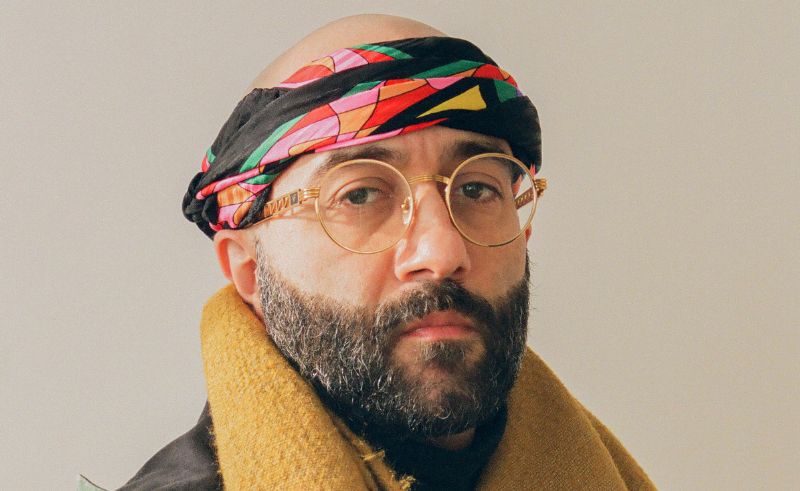Iraqi Rapper Yassin ‘Narcy’ Alsalam To Teach Course on Kendrick Lamar
The Montreal-based rapper & professor will teach the course ‘It’s Bigger Than Hip-Hop: The Power of Us - Kendrick’s Class,’ a celebration & critical analysis of Lamar’s cannon of work.

Concordia University professor Yassin Alsalman, more widely known in the region by his rap moniker, the Narcy, kicks off his hip-hop course celebrating Kendrick’s work and a critical analysis of the music, visuals and concepts on his albums. The course aims to tackle everything from “Policing of Black and Brown Bodies to a deep dive lyrical breakdown of the ‘Heart’ series by Kung Fu Kenny,” he writes.
The course is a follow-up to last year’s ‘Kanye vs Ye: Genius by Design,’ and since 2013, he has also lectured on the works of Lauryn Hill, A Tribe Called Quest and other hip-hop artists. The course comes with the 50th anniversary of hip-hop culture, where Alsalam kicks off a series called “Hip-Hop Icons”, celebrating an artist or creator from the culture.
With Alsalman’s background as a rapper, his courses explore the subject of hip-hop with an intimate lens; on Twitter, he wrote, “This course will analyse the music and fashion, activism and passion of hip-hop culture through Kendrick Lamar’s discography, videography and narrative.” Meanwhile, it explores the philosophical sides of hip-hop, covering the “who, what, when, where, and how” in the genre's history.
A veteran of the Arabic hip-hop scene, Narcy’s steady stream of releases has spanned the last decade. With his debut album ‘A Bend in the River’ in 2003 and later in 2022 with ‘Iraq-A-Fella’ in addition to his many collaborations over the years, his music has always pushed social-conscious lyricism packed with clever commentary.
As a professor of ten years with his alma mater, Concordia University, Alsalman’s hip-hop-related classes are a way to both teach and celebrate the genre. “I found a safe space to create and express, write story and document our truth - in hip-hop, I trusted. And to hip-hop, I owe a great service,” he writes in the course curriculum.
To celebrate hip-hop’s 50th anniversary, Alsalman writes, “When shifting ideas around with the institution, I wanted to challenge how we tackle big cross sections of thought that meet in hip-hop’s cypher.” He mentions that the class is an “experiential learning” while using Kendrick’s work to dig deeper into North America’s long history of racial injustice and racism, in addition to exploring key concepts found in Lamar’s work, be it loyalty, fatherhood, love, language, and more.
“No artist speaks to this ethos louder and more intricately than King Kunta, the prince of Compton, Kendrick Lamar, ten years after ‘Good Kid Madd City’ dropped,” writes Alsalman. “He showed us it was ok to work on yourself in front of the world and find yourself internally - that family always comes first - that community and collective missions are central to growth and that sometimes, you have to break free.”
- Previous Article test list 1 noise 2024-03-13
- Next Article Adriatique & Cercle Host Electronic Music Event at Hatshepsut Temple






















